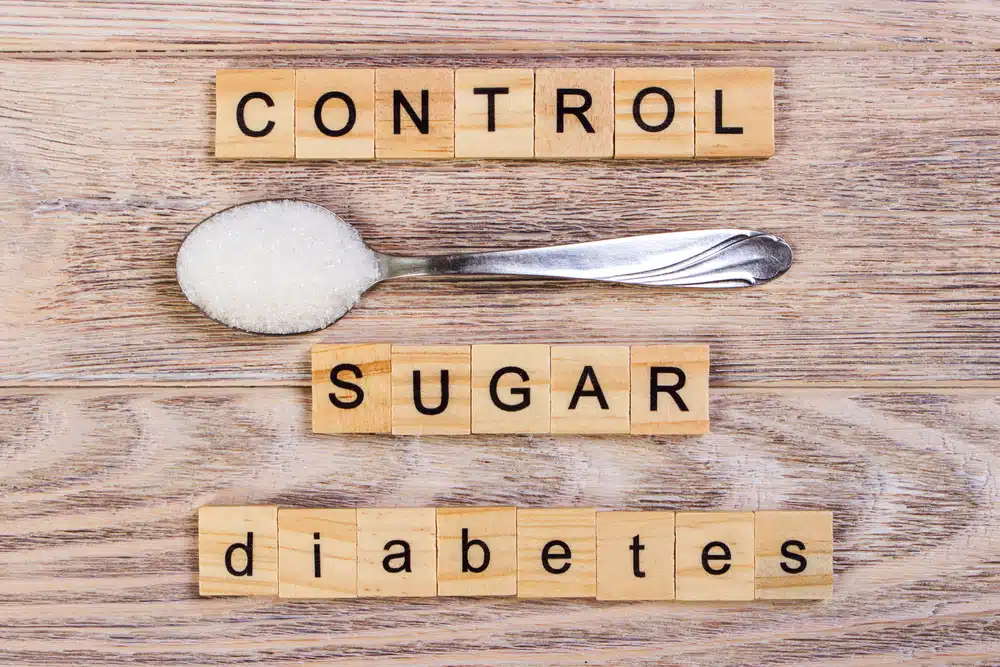Understanding Tooth Decay
Tooth decay, also known as dental caries or cavities, is a common oral health issue caused by the breakdown of tooth enamel. This process occurs when bacteria in the mouth produce acids that erode the enamel. The primary culprit behind this bacterial activity is sugar. When we consume sugary foods and beverages, the bacteria feed on the sugars, producing acid as a byproduct. Over time, these acids can create holes in the enamel, leading to cavities.
Blood Sugar and Its Role in Tooth Decay
Blood sugar, or glucose, is the main sugar found in the blood and the primary source of energy for our body’s cells. However, elevated blood sugar levels can have detrimental effects on oral health, particularly in the development of tooth decay.
- Increased Sugar Availability: Higher blood sugar levels mean more glucose is available in the saliva. This can increase the food supply for harmful bacteria in the mouth, leading to more acid production and a higher risk of cavities.
- Dry Mouth: Individuals with high blood sugar levels, especially those with diabetes, often experience dry mouth (xerostomia). Saliva plays a crucial role in neutralizing acids and washing away food particles. Reduced saliva flow means less natural protection against tooth decay.
- Impaired Immune Response: High blood sugar can weaken the immune system, making it harder for the body to fight off infections, including those in the mouth. This can exacerbate tooth decay and gum disease.
Diabetics and Oral Health: Bone Loss and Tooth Decay
Diabetes is a chronic condition characterized by high blood sugar levels. It can lead to a range of complications, including significant oral health issues.
- Bone Loss: People with diabetes are at an increased risk of periodontal (gum) disease, which is a major cause of bone loss around the teeth. The chronic inflammation associated with gum disease can destroy the bone that supports the teeth, leading to tooth loss. High blood sugar levels can exacerbate this inflammation, accelerating the progression of periodontal disease.
- Higher Incidence of Tooth Decay: Diabetics often experience a higher incidence of tooth decay due to several factors:
- Reduced Saliva Production: As mentioned earlier, dry mouth is common in diabetics, reducing the protective effects of saliva.
- Higher Glucose Levels in Saliva: Elevated blood sugar levels can translate to higher glucose levels in saliva, providing more fuel for acid-producing bacteria.
- Delayed Healing: Diabetes can impair the body’s ability to heal, making it harder to recover from oral infections and injuries. This can lead to prolonged periods where the mouth is vulnerable to decay and other issues.
Preventive Measures for Diabetics
Maintaining good oral health is crucial, especially for individuals with diabetes. Here are some tips to help prevent tooth decay and bone loss:
- Regular Dental Checkups: Regular visits to the dentist can help catch and address problems early.
- Good Oral Hygiene: Brushing twice a day with fluoride toothpaste and flossing daily can help keep teeth and gums healthy.
- Manage Blood Sugar Levels: Keeping blood sugar levels within the target range can reduce the risk of oral health complications.
- Stay Hydrated: Drinking plenty of water can help combat dry mouth and keep saliva flowing.
- Healthy Diet: A balanced diet low in sugary foods and drinks can reduce the risk of tooth decay.
Supporting Healthy Blood Sugar Levels with Berberine Breakthrough
For those looking to support healthy blood sugar levels and overall well-being, consider Berberine Breakthrough by BIOptimizers. This product offers a range of benefits that can be especially helpful for individuals managing blood sugar concerns:
- Increases blood sugar uptake into muscles rather than fat cells
- Improves exercise performance and muscle gain
- Supports healthy blood sugar control and insulin response
- Improves carbohydrate metabolism
- Enhances energy levels and overall well-being
- Neutralizes oxidative damage from high blood glucose
- Supports weight loss efforts in combination with diet and exercise
- Balances hormones and stress response from blood sugar fluctuations
- Normalizes mood swings, energy swings, brain fog, and cravings due to blood sugar fluctuations
- Increases mitochondrial uncoupling, which burns more calories as heat
- Promotes healthy carbohydrate digestion and absorption in the gut
- Promotes a balanced inflammatory response
To learn more and purchase Berberine Breakthrough, visit bit.ly/BIOptimizers. Use code SAVE10 at checkout to get a 10% discount on your purchase.
Understanding the relationship between blood sugar and oral health is essential for preventing tooth decay and other complications. By managing blood sugar levels and maintaining good oral hygiene, individuals with diabetes can protect their teeth and gums, ensuring a healthier smile. And for those looking for additional support, Berberine Breakthrough offers an effective solution to help manage blood sugar and improve overall health.




